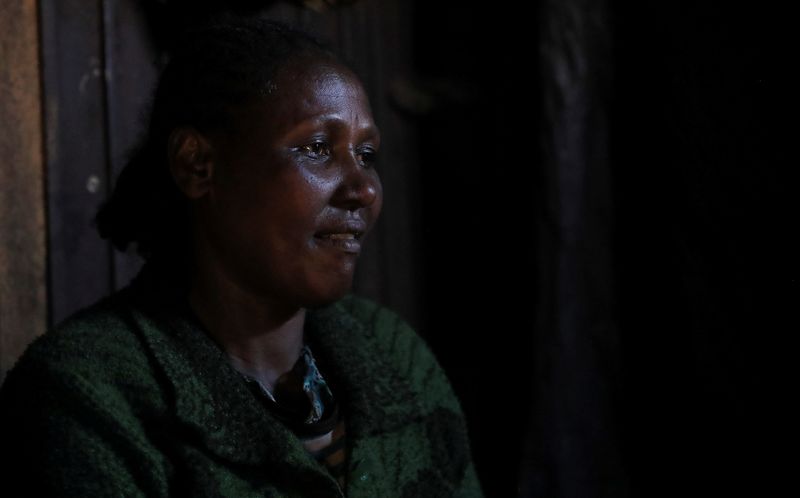By Maggie Fick and Duncan Miriri
NAIROBI (Reuters) – When Prime Minister Abiy Ahmed took office in 2018, Ethiopia was one of the world’s fastest growing economies. His pledges to open up one of Africa’s last untapped markets thrilled investors.
But a year of war between the government and rebellious forces from the northern Tigray region has damaged government plans to modernise the economy and deterred some foreign investors.
Parts of Tigray are in famine, the currency’s value has plummeted and annual inflation has topped 35%.
“Ethiopia is uninvestable at the moment,” said Kevin Daly of London-based investment company abrdn. “The political situation is very tenuous, and there is a lack of information and clarity on the economy, and on how things are going to be resolved.”
The economy was on track to grow just 2% this year after consistently topping 10% before the pandemic, the International Monetary Fund (IMF) said in its world economic outlook published in October. It did not include growth projections for 2022 to 2026, citing an “unusually high degree of uncertainty”.
Officials in Ethiopia’s finance ministry and the prime minister’s office did not respond to requests for comment. However, State Finance Minister Eyob Tekalign Tolina has accused Western media of exaggerating the war’s impact. The government projects growth of 8.7% for the fiscal year ending in June 2022. “Ethiopia is a very strong country, and we are talking about a conflict in one part of the country, but the rest of the country is thriving,” Eyob told India’s DD TV channel last month.
Not everyone agrees.
Fighting ruined harvests in rich agricultural regions, including a swathe of disputed territory claimed by Tigray and neighbouring Amhara, while drought and locust invasions also hit crops. Around 9.4 million people need food aid in three regions affected by the war, according to the United Nations, compared with 4 million before the war.
Far from the fighting, inflation is hitting the urban poor in the capital Addis Ababa.
At an open-air market, Legesse Yadataa despaired at the price of teff, a staple grain. A kilogram (2.2 lb) cost nearly 50 Ethiopian birr ($1.04), 25% higher than a year ago. That’s a third of his daily earnings on intermittent construction jobs.“Merchants keep increasing the price because of the war,” he said. “We don’t have enough to eat. Paying rent is getting beyond our means. Life is very difficult.”LOST TRACTORSThe fighting has shuttered many firms operating in Tigray. Authorities have […]
